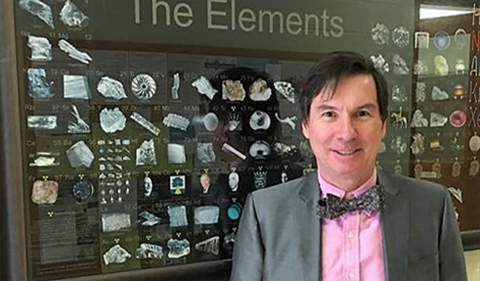The Analytical Scientist interviewed Dr. Peter Harrington about whether artificial intelligence is an answer for big data questions in a story headlined Do Androids Dream of Analytical Chemistry?
Harrington, Professor of Chemistry & Biochemistry at Ohio University, discusses his work on chemotyping botanical medicines, specifically cannabis, using machine learning (also known as artificial intelligence).
One of the biggest challenges with natural medicine is biological variability. Everything from the growing conditions to the harvest date of the plant to how the plant material has been processed can affect the chemical composition; even samples from the same plant may have different properties. By chemotyping a sample, we get a snapshot of the overall chemical composition, which we can tie (directly or indirectly) to the properties that we’re interested in, such as physiological effects in the body. The alternative approach is to try to identify every compound (or the active compounds) in the mixture and quantify them, but that’s very time consuming and costly….
…I find the rapid development of machine learning exciting – but people don’t always agree. They ask me, “Should we be afraid of advances in AI?” I don’t think so, although it’s not unreasonable to consider the disadvantages. Because these systems are so complicated, when things go wrong, they tend to go terribly wrong. And once they’ve gone wrong, they can be hard to fix. And there are other limitations; machine learning is just an algorithm that follows a procedure – it is not “intelligence,” just as a recipe is not a cook….


















Comments